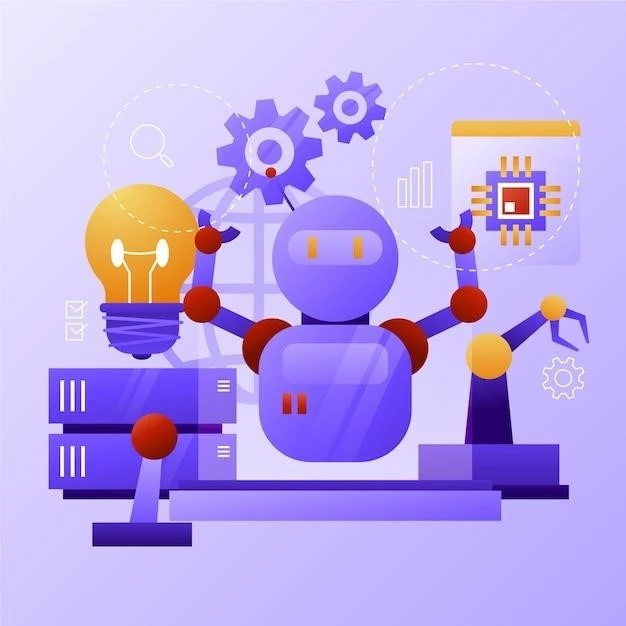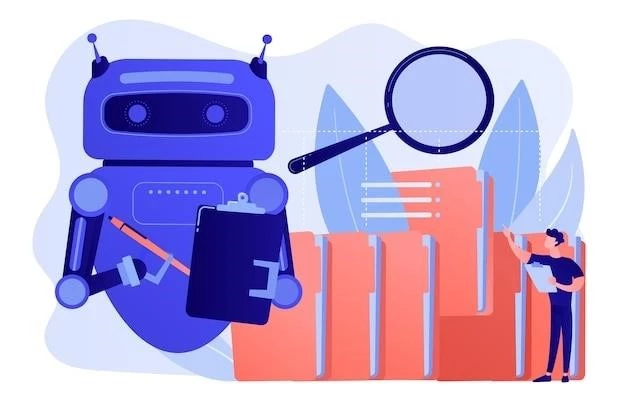The Skills Gap in the Age of Automation: A Personal Journey
The world is changing, and fast. Automation is rapidly transforming industries, from manufacturing to healthcare, creating both opportunities and challenges. One of the biggest challenges we face is the growing skills gap. As machines take over repetitive tasks, the demand for human skills is shifting, leaving many unprepared. This is a reality I’ve experienced firsthand.
I used to work as a data entry clerk, a job that was largely repetitive and tedious. I spent hours each day entering data into spreadsheets, a task that could easily be automated. When my company implemented automation software, my job was eliminated. I was left feeling lost and unsure about my future.
Initially, I was scared. I felt like my skills were obsolete. But I knew I had to adapt. I enrolled in a coding bootcamp, learning the fundamentals of programming and software development. This was a challenging but rewarding experience. I learned how to think critically, solve problems, and work with complex systems.
My journey taught me a valuable lesson: the skills gap is not insurmountable. It’s an opportunity for personal growth and transformation. Here are some key takeaways from my experience:
Upskilling is Essential
The age of automation demands a continuous learning mindset. We need to be proactive in acquiring new skills that are in demand. This might involve:
- Learning new software and programming languages
- Developing critical thinking and problem-solving abilities
- Improving communication and collaboration skills
Embrace Technology
Instead of fearing automation, we should embrace it as a tool. Understanding how technology works can help us work more effectively and efficiently. This means:
- Learning about the latest automation technologies
- Identifying how these technologies can enhance our work
- Developing the skills to manage and integrate these technologies

Focus on Human Skills
While automation is taking over many tasks, there are certain skills that remain uniquely human. These include:
- Creativity and innovation
- Critical thinking and problem-solving
- Empathy and emotional intelligence
- Communication and collaboration
Developing these skills will be crucial for navigating the changing job market.
Government and Industry Collaboration
The skills gap requires a collaborative effort between governments, businesses, and educational institutions. This includes:
- Investing in education and training programs that focus on future-proof skills
- Providing support for workers who are transitioning to new roles
- Creating initiatives that promote lifelong learning

A Call to Action
The skills gap is a challenge, but it is also an opportunity. By embracing lifelong learning, developing essential skills, and collaborating with others, we can navigate the age of automation and build a brighter future for all.










